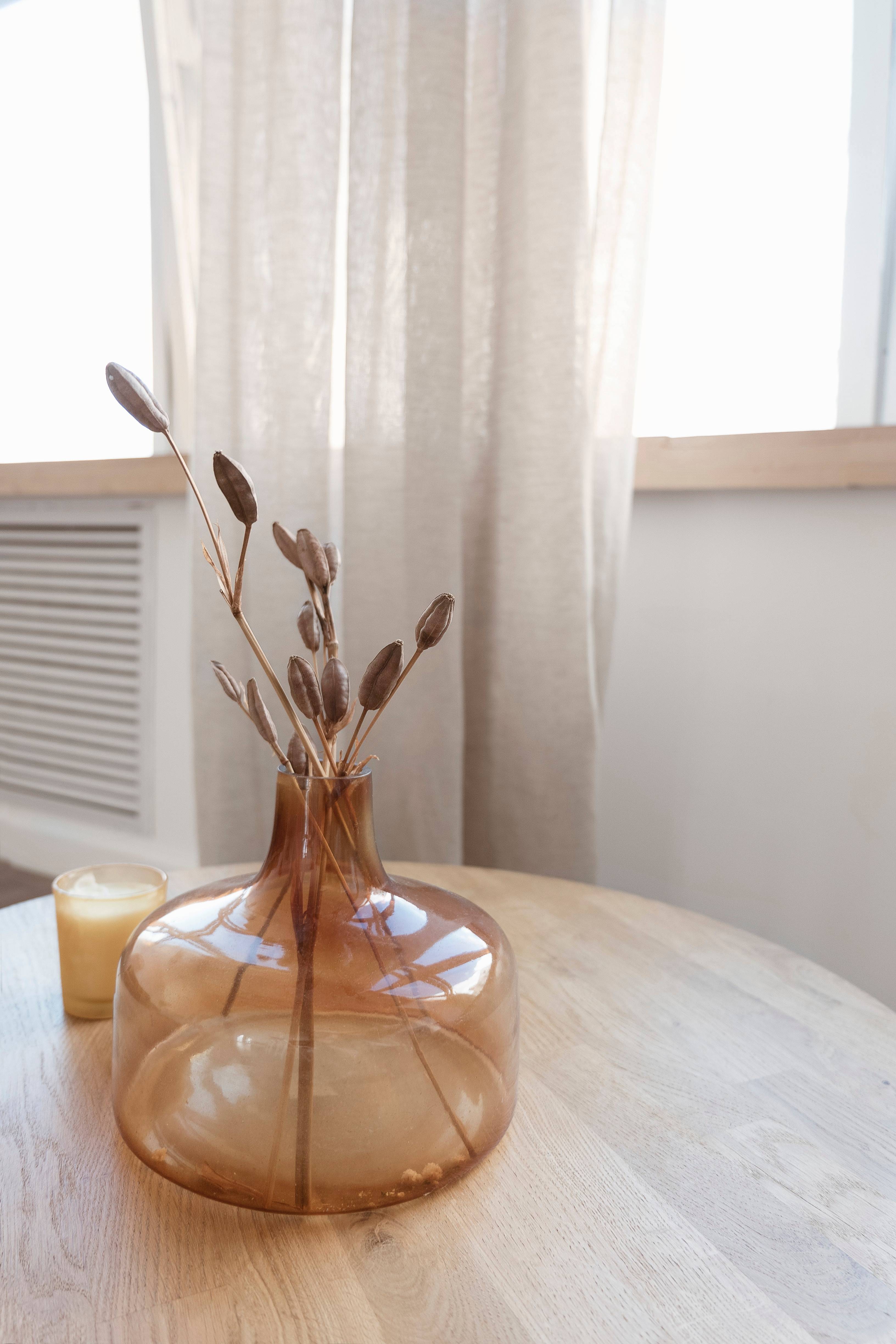

Embracing Heritage: Blending Traditional Goan Elements into Modern Landscape Design
** Embracing Heritage: Blending Traditional Goan Elements into Modern Landscape Design
** Discover how to harmoniously incorporate Goan architectural features and landscaping into contemporary outdoor spaces.
**
In the vibrant tapestry of Indian culture, Goa stands out not just for its sun-kissed beaches and lively festivals, but also for its rich architectural heritage. The unique blend of Indian, Portuguese, and indigenous influences has birthed a distinctive style that can be seen in its churches, homes, and landscapes. As modern landscape design evolves, there is a growing appreciation for incorporating traditional elements that tell a story and foster a sense of place. This post explores how to seamlessly integrate traditional Goan features—such as laterite stone, terracotta tiles, and coconut palms—into contemporary outdoor spaces, creating an enchanting fusion of past and present.
The Allure of Laterite Stone
Laterite stone, with its earthy hues and rustic charm, is a signature element of Goan architecture. Used extensively in the construction of homes and public buildings, this stone is not only aesthetically pleasing but also eco-friendly. In modern landscaping, laterite can be employed in various ways. For instance, it can serve as a natural wall for a garden, providing both structure and a warm backdrop for plants. Additionally, laterite pathways can enhance the organic feel of a landscape, guiding visitors through lush greenery while maintaining that authentic Goan vibe.
Terracotta Tiles: The Touch of Tradition
Terracotta tiles are synonymous with Goan homes, known for their rich colors and textured surfaces. These tiles can be incorporated into modern outdoor spaces in several creative ways. Consider using terracotta tiles for patios, walkways, or even as decorative accents in raised garden beds. Their natural thermal properties help keep spaces cool, making them perfect for the warm Goan climate. Moreover, the use of terracotta can evoke a sense of nostalgia, connecting the contemporary design to the region’s cultural roots.
Coconut Palms: A Tropical Touch
No discussion of Goan landscapes would be complete without mentioning the iconic coconut palm. These tall, graceful trees are not only a staple of the coastal landscape but also serve practical purposes. In modern landscape design, coconut palms can provide shade, create a tropical ambiance, and even serve as natural windbreaks. Planting clusters of coconut palms can enhance the visual appeal of outdoor spaces, while also promoting biodiversity by attracting local wildlife. They can be strategically placed along pathways or in garden corners, creating a serene oasis reminiscent of a Goan paradise.
“Architecture is not just about building; it’s about creating a sense of place. Incorporating local elements can enhance the connection between the environment and the people who inhabit it.” – Dr. Anjali Rao, Landscape Architect and Urban Planner.
Creating Cohesion in Design
The key to successfully blending traditional Goan elements with modern landscape design lies in achieving cohesion. This can be done by ensuring that materials, colors, and textures complement each other. For instance, pairing laterite stone with terracotta tiles can create a harmonious visual flow, while the addition of coconut palms can soften hardscapes and provide a lush backdrop. Consider employing a color palette inspired by the natural surroundings—earthy reds, warm browns, and vibrant greens—to unify the design.
https://www.vadodaralandscapingcompany.in/services/landscape-design
Incorporating traditional Goan elements into modern landscape design is not merely about aesthetics; it’s about honoring a rich cultural heritage while creating functional, inviting outdoor spaces. By thoughtfully integrating materials like laterite stone, terracotta tiles, and coconut palms, designers can craft landscapes that resonate with the spirit of Goa, celebrating its history while embracing contemporary living. As we look to the future of landscape design, let us continue to draw inspiration from our past, creating spaces that are not only beautiful but also meaningful.
Related Posts
© 2025 Invastor. All Rights Reserved

User Comments